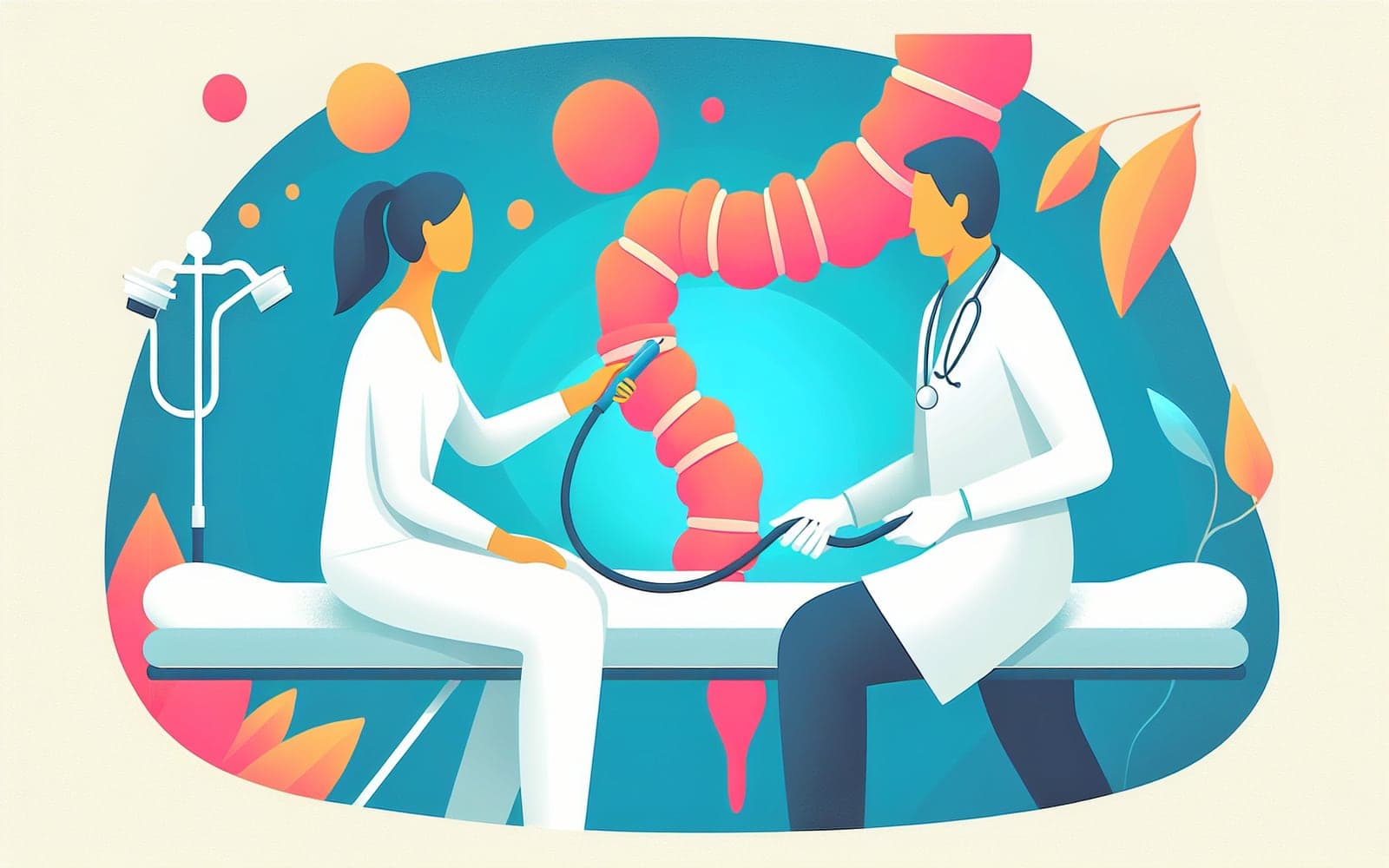Colonoscopy: The Gold Standard for Colorectal Cancer Detection
Published: Jul 16, 2024
Colonoscopy is the most effective tool for detecting and preventing colorectal cancer. This powerful screening test allows doctors to examine the entire colon and remove precancerous growths.
Contents
What Happens During a Colonoscopy?
During a colonoscopy, a long, flexible tube with a tiny camera is inserted through the rectum to examine the entire colon. The procedure typically takes 30-60 minutes and is done under sedation for comfort. The doctor can see the lining of the colon in detail, looking for any abnormal growths or areas of concern. If polyps are found, they can often be removed during the same procedure.
Preparing for the Procedure
Proper preparation is crucial for a successful colonoscopy. This involves clearing the colon completely so the doctor can see the entire lining clearly. Patients follow a special diet for 1-2 days before the procedure and drink a strong laxative solution to empty the bowels. While the prep can be uncomfortable, it's essential for an accurate exam.

Benefits and Risks
Colonoscopy is highly effective at detecting colorectal cancer and precancerous polyps. It can prevent cancer by removing polyps before they become cancerous. The procedure is generally safe, but there are small risks of bleeding, infection, or perforation of the colon. The benefits of early detection and prevention usually far outweigh the risks for most people.
Frequently Asked Questions
For average risk, every 10 years starting at age 45.
Most patients feel little to no discomfort due to sedation.
Yes, but colonoscopy is the most thorough and effective screening method.
Most polyps can be removed during the colonoscopy.
Key Takeaways
While the idea of a colonoscopy may seem daunting, this powerful screening tool saves countless lives through early detection and prevention of colorectal cancer.
Ready to schedule your colonoscopy? Let Doctronic help you find a qualified gastroenterologist in your area.Related Articles
References
American Cancer Society. Colorectal Cancer Screening Tests. cancer.org
National Institute of Diabetes and Digestive and Kidney Diseases. Colonoscopy. niddk.nih.gov
Always discuss health information with your healthcare provider.

